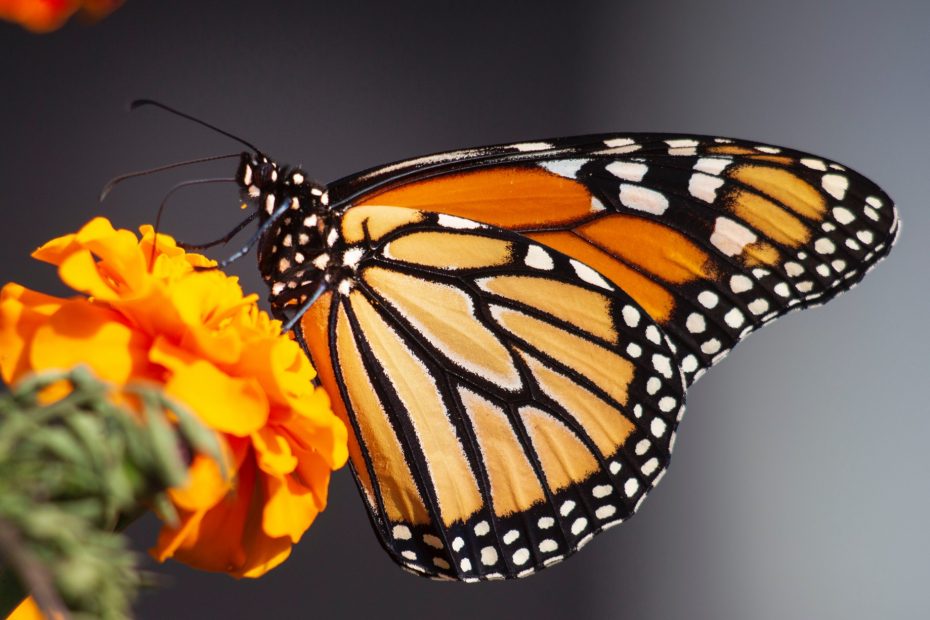Do you get this question a lot? I do, so let’s think about how to answer it. Insects don’t have to be of any human value in order for them to matter, but many people are more likely to be persuaded of the value of insects by human-centred arguments.
With approximately one million insect species that have been discovered across the planet so far, insects comprise approximately 80% of described terrestrial species on Earth. Insects provide valuable ecosystem services beyond pollination, such as biological control of pests, and serve as a biological indicator of healthy streams and soil. Insects form the basis of the complex ecological food webs in agriculture, natural and urban areas, and shape the appearance, beauty and complexity of these diverse landscapes. Insects are critical to the existence of the world as we know it.

Insects pollinate many of our fruits, flowers, and vegetables. If insects didn’t exist, many crop yields would suffer and the produce aisle at grocery stores would look a lot different with much less selection. Our total food supply would be severely changed.

Still, we should not think of all insects as pollinators. Beetles are involved mostly in scavenging and organic matter decomposition, and relatively few are pollinators. Similarly the majority of wasps are parasitoids rather than pollinators. And some crops are wind pollinated, and thus do not depend on insects.

There are species of insects that feed on almost any organic material you encounter in the environment. Insects may eat plants, fungi, live and dead animals, rotten organic matter, etc. Without this work being done, decaying matter would be left to rot on its own. Imagine how much dung would pile up if there weren’t insects that fed on it.
Sadly, most people are more informed about the few insects that cause problems than they are of the many beneficial insects we have. Some people think that all insects are in need of control. It is important to consider the beneficial contributions of many insect species and not just the ones that humans think of as pests.

Due to human disturbance, factors such as habitat loss, pesticides, and climate change are threatening insect and other wildlife populations worldwide. It is reported that 40% of all insect species are declining globally and that a third are endangered.
One way to support our insects and wildlife in general is to curb use of pesticides and herbicides on our own lawns and gardens. Better yet, we should consider converting some of our lawns to natural areas. Grow native plants and limit exterior lighting that attracts and often kills many nocturnal insects. Even more simply, leave sticks and leaves in gardens and some bare earth uncovered in the autumn for insects to hibernate through the winter. Community members can make a difference for insects in their own backyards, their neighborhoods, and communities.
Will this help the big picture in stopping the declines? Maybe not. But it will make a difference in our local insect populations, and the sum of these small differences can help make a big impact.
